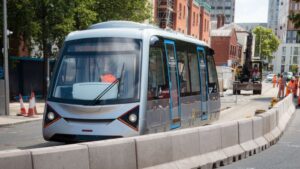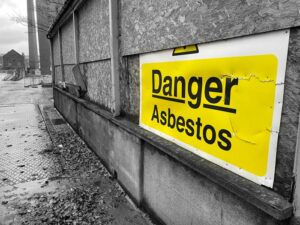London Councils has called on the government to commit £194 million in capital funding to launch an ambitious five-year programme that aims to revolutionise how the capital tackles its housing retrofit challenge.
The London Net Zero Neighbourhood Programme represents a fundamental shift from current approaches, combining area-based delivery with innovative financing to unlock hundreds of millions in private investment.

Around two million homes, over half the capital’s housing stock, require energy efficiency upgrades by 2030 to meet net zero targets and while the city has secured significant government funding for retrofit initiatives, existing schemes have been limited in their ability to provide the certainty needed to attract private investors.
Developed in partnership with Living Places and the Cities Commission for Climate Investment, the programme has been co-designed with eleven London boroughs and would eventually expand across eighteen. Over its initial five years, the scheme aims to retrofit over 20,000 properties whilst attracting £400 million in private finance.
The model’s distinctive feature is its neighbourhood-by-neighbourhood, street-by-street approach, designed to build community confidence and reduce disruption by delivering multiple interventions at once. Crucially, the programme offers zero upfront costs for residents, with measures funded through a combination of grants and private finance that would be repaid over time through energy bill savings.
Projections suggest that by the time the programme has been running for eight years it could retrofit 50,000 properties a year, unlocking £2.7 billion in private finance.
The programme would roll out in three phases, beginning with recruitment, governance structures and an initial wave of borough projects. Early adopters in year one would serve as exemplars, with delivery levels increasing as capacity grows and learnings are incorporated. This phased approach addresses the reality that community take-up grows gradually, with early adopters building support amongst neighbouring residents over time.
London Councils argues that without this approach, only two alternatives remain: either £605 million in full government subsidy on top of existing schemes, which would fail to unlock private investment at significant public cost, or continuing with business-as-usual approaches that deliver inadequate retrofit levels and lower spending per property.
Mayor Brenda Dacres OBE, London Councils’ Executive Member for Transport and Environment said: ‘The London Net Zero Neighbourhood Programme presents an exciting opportunity to accelerate our retrofit ambitions in the capital and lower Londoners’ energy bills.
‘Too many people are struggling in cold, expensive-to-heat homes, while the threat posed by the climate crisis continues to grow. Through the Net Zero Neighbourhood Programme, boroughs are showing a clear path to retrofit that is fair, affordable and delivered in partnership with our communities – with no upfront cost to residents.
‘With suitable backing from government, alongside private investment, we can ensure the current system works better for all Londoners and delivers good-quality homes which are cheaper and greener to heat.’
















Leave a Reply